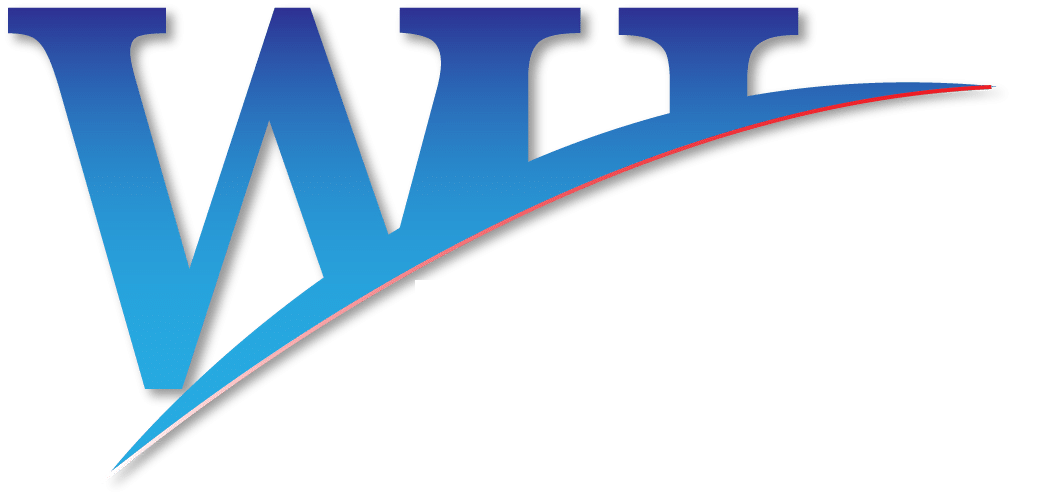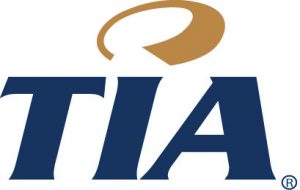Accessorial Charges: Navigating the costs of moving freight
Accessorial Charges: Navigating the Costs of Moving Freight
Navigating the world of freight transportation involves more than just the simple movement of goods from one point to another. Alongside the base shipment costs, various additional costs, known as accessorial charges can be important to think about. These charges are designed to address specific circumstances or requirements that arise during transportation, ensuring smooth and efficient delivery. Understanding these charges is essential for shippers and receivers to accurately budget and plan their logistics operations. In this guide, we go through the main accessorial charges that may be incurred in the transportation industry.
8 common accessorial charges include:
- Fuel Surcharge: This is an additional charge to account for fluctuations in fuel prices. It helps cover the increased cost of fuel during transportation.
- Detention Charges: These charges apply when a truck is delayed at a pickup or delivery location beyond the agreed-upon time. It compensates the carrier for the extra time spent waiting.
- Layover Charges: If a driver is required to wait for an extended period at a location, such as overnight, layover charges may apply. This helps cover the driver’s expenses during the waiting period.
- Accessorial Services: These are additional services provided by the carrier, such as inside delivery, liftgate service, or residential delivery. Each service may have its own associated charge.
- Driver Assistance Charges: If the driver is required to provide assistance in loading or unloading the freight, additional charges may apply. This compensates the driver for their physical effort and time.
- Tolls and Highway Fees: If the transportation route involves toll roads or specific highway fees, these charges are passed on to the shipper or receiver.
- Appointment Charges: Some carriers may charge an appointment fee if a specific time slot needs to be reserved for pickup or delivery.
- Accessorial Equipment Charges: If specialized equipment, such as refrigerated trailers or flatbeds, is required for transportation, additional charges may apply.
It’s important to note that the specific charges can vary depending on the carrier and the nature of the shipment. It’s recommended to discuss and clarify these charges with the freight broker or carrier before finalizing the transportation agreement.
Conclusion
In conclusion, accessorial charges form an integral part of the freight transportation industry, providing compensation for additional services, expenses, and unforeseen circumstances that may arise during the shipping process. By proactively discussing and clarifying these charges based on the requirements of the shipment, businesses can ensure a transparent and smooth transportation process.
Looking to learn more about transportation? We are always open to answering any questions! Reach out to us today through operations@wood-hall.com or give us a call at 519-213-1000!
-The Team at Wood-Hall Logistics

